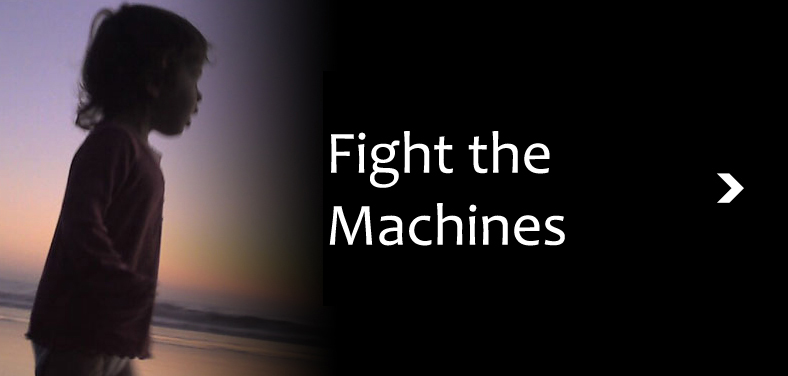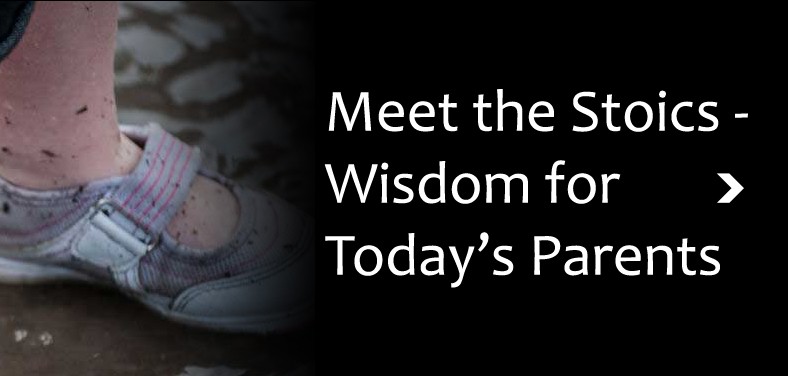The short answer is “Often, nothing; other times, a lot.”
You could say “parenting instincts are in our DNA” and it’s true – our instincts towards small children evolved over hundreds of thousands of years of living communally in hunter-gatherer tribes. While the world has changed rapidly, our evolved instincts have not. That can cause all kinds of trouble: for example, the urge to gorge on sweet or fatty food whenever it is available made great sense in the paleolithic era; now, not so much. The urge to keep track of all relationships and gossip and social status in the tribe was a matter of survival – now, in the wired world, it’s a cause of stress and anxiety. (The iPhone has only been around for 10 years – and has taken over our brains – with each Facebook or Twitter move giving us drips of reward hormones for social connection, without giving us social connection. Basically, our minds are not ready for twitter or facebook or porn or certain drugs – they were designed to work in a different era – but here we are).
How can our instincts be harmful?
- The drive to constantly monitor a child’s safety made sense in a world of big-toothed predators – today, “helicopter parenting” is understood to be harmful.
- The instinct to help one’s child, unchecked, can lead to the child missing the opportunity to gain confidence through trial, and failure;
- The habits of how we talk to other adults, to maintain our social standing, when transferred to children, can lead to confusion and rob a child of the certainty of declarative speech from parents; [voice of god]
- The parents’ instincts and habits designed to be considerate and protect face in their (adult) relationships can result in demands that are not age-appropriate. “Be nice to your Grandmother” and “share with that other two-year old” are simply ideas that are beyond young children’s comprehension.
Other habits can have similar negative effects:
- When we see children as “cute” and reward them for it, we are treating them as objects, rewarding them for something they had nothing to do with, and denying them the chance to be seen and appreciated and respected as people. (Trying saying “Capable” instead of “Cute,” and see if you notice a difference.)
- When we say “Are You Okay?” we think we are showing concern, but it is false question [link to “are you okay is not okay.”]
My point is not that instincts and habits are always bad in parenting, but they are worth monitoring – you don’t just want to do it on autopilot. I’ve noticed that parent can get tangled up in creating an optimal physical environment for their child, without thinking through the best mental environment. Parents obsess over the source of their child’s strained peas, without even thinking of what their child hears and sees, and how that affects his development.
My next post, called “Who has agency – Information vs. Direction” gives an important general principle of the strong start approach, as well as an important simple rule that can do wonders for your child.




Add comment